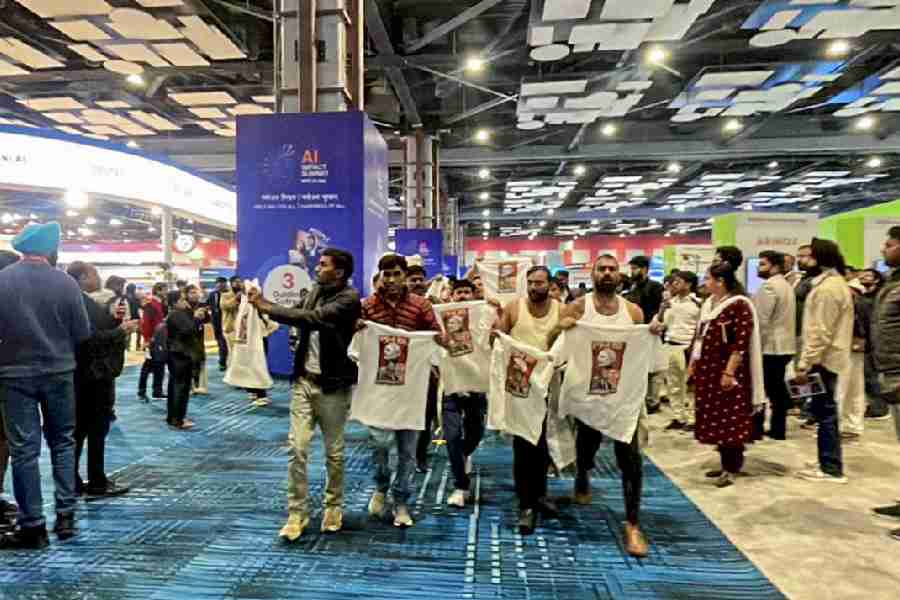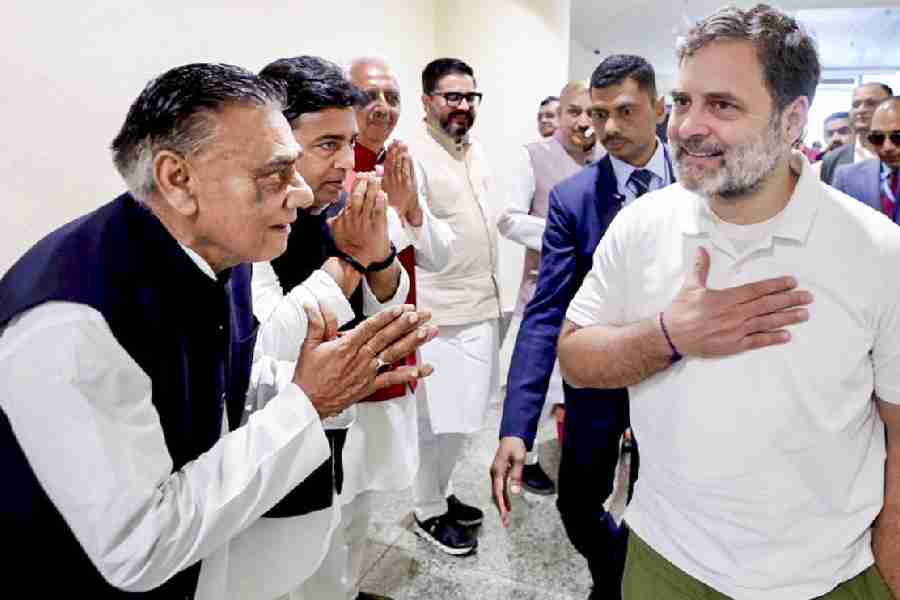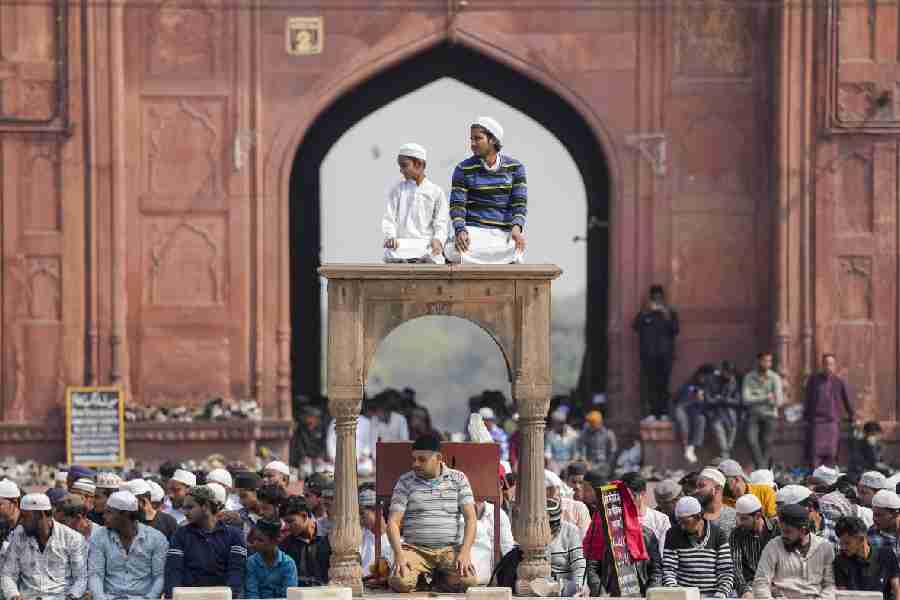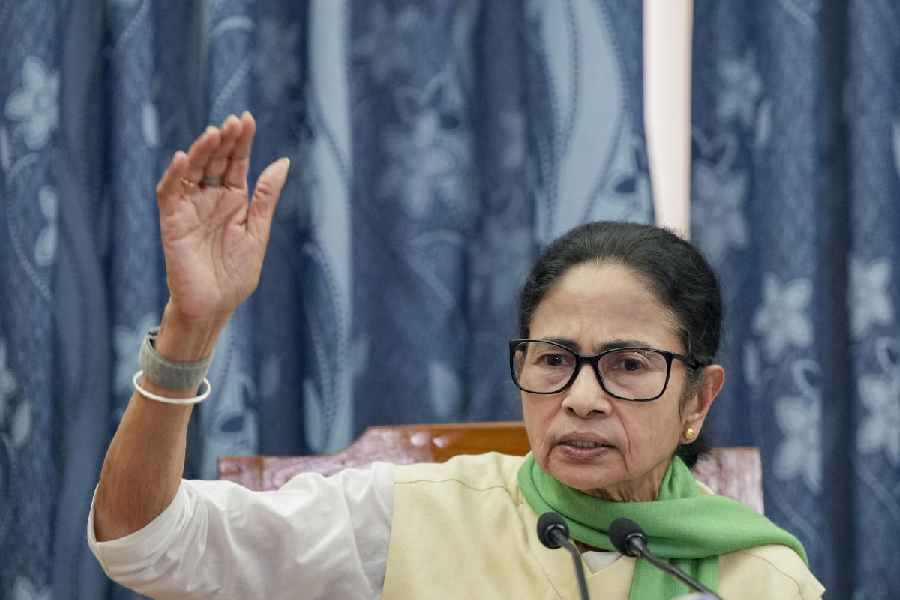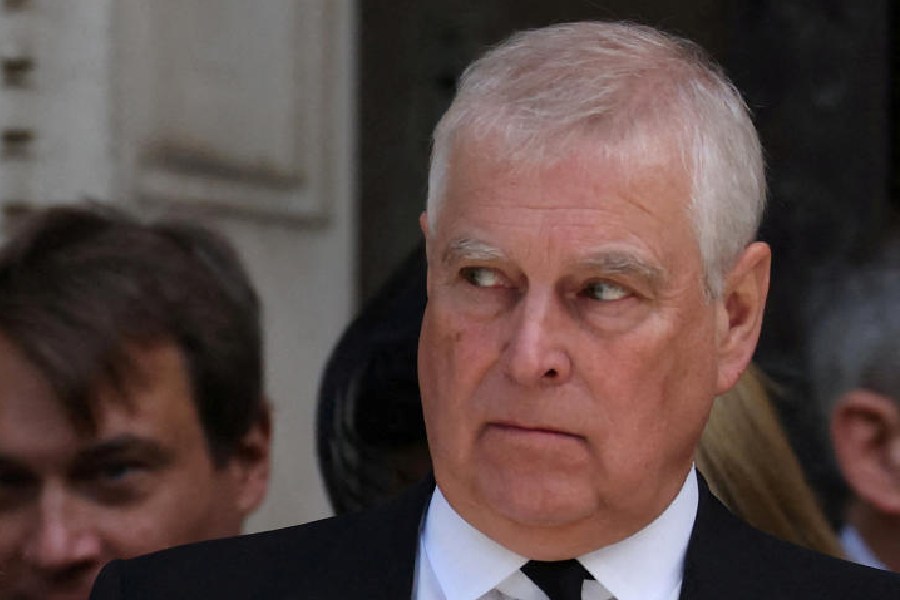|
|
The current visit of the Russian prime minister, Victor Zubkov, to India to inaugurate the Year of Russia in India and preside over the second meeting of the Indo-Russian joint forum for trade and investment would be a timely follow-up to the visit of the Indian prime minister, Manmohan Singh, to Moscow in November last year. Our bilateral relationship with Russia remains one of trust and understanding, but it has to be given a renewed dynamism to match that of our relationships with some of our other partners. The legacy of the relationship is too valuable to be allowed to get depleted because of lack of concerted effort from both sides.
The political aspects of our ties do not present any problem. There has been some speculation that the brisk improvement of our ties with the United States of America has raised concerns in Moscow and that some recent cold signals from there should be read in that light. The Russians affirm emphatically the pragmatic nature of their foreign policy. President Vladimir Putin himself tried, during most of his presidency, to forge a strong working relationship with the US, based on joint understanding on how to deal with the biggest challenges facing the international community, whether of religious extremism, international terrorism, nuclear proliferation or drug trafficking. The US tagged on to this agenda the issue of democracy and economic reforms in Russia and began charging Putin himself for reversing the progress achieved earlier on these two fronts in the country. From the Russian point of view, conditioning external relations on changes in internal policies to suit Western prescriptions was unacceptable interference in Russia’s internal affairs.
With the Western policy of creating a new security and economic cordon sanitaire around Russia by expanding the North Atlantic Treaty Organization and the European Union into erstwhile Soviet space, a downturn in US-Russia relations was inevitable. The decision to locate anti-ballistic missile components in Poland and the Czech Republic was the tipping point. This deterioration has occurred at a time when India-US relationship has swung upwards. The dynamics of the two developments have little connection. A pragmatic Russia would understand the logic of improved India-US ties. This should, in fact, give added incentive to both sides to pump in more oxygen into the relationship, rather than let the carbon-dioxide of concern wilt it.
The economic relationship between the two countries needs to be boosted. As it happens, the chapters of the story of India’s recent economic success have been written in American ink, as it were. Our information technology success and, generally, the advances made in the knowledge economy have a strong US connection. It is the US financial institutions which are propagating India’s inexorable rise as an economic power. International attention is riveted on Russia, thanks to sky-high oil prices and a purposeful leadership as an economy of new opportunities. Indian businessmen are, however, wary of conditions in Russia because of outdated perceptions. The Russian entrepreneurs profiting from stratospheric hydrocarbon prices and their mineral and metals holdings are giving priority to markets where they can make the biggest and quickest profits. They too find India a difficult market, not the least because, unlike in the past, it is in the Indian private sector and not in the public sector that prizes have to be won. The second meeting of the forum (the first last February brought 200 Russian businessmen to India) should be very useful in giving a platform to our respective entrepreneurs to build personal contacts, hitherto lacking.
One way to energize the India-Russia economic relationship is to expand cooperation in the energy sector. After 2001, when we signed the Sakhalin 1 deal, India has failed to make headway despite efforts. The oil and gas sector constitutes Russia’s crown jewels. Russian policy in recent years has been to guard them jealously, reassert state control over these national assets, limit external penetration into this sector and demand downstream opportunities in other countries against upstream opportunities in Russia. The biggest consumers are seeking access to Russia’s enormous resources. Putin has found himself crowned the “Energy Czar” and heady talk of Russia as an energy superpower has been heard.
Currently, almost all of Russia’s oil and gas goes westwards and its existing fields are being depleted. For Russia to veritably become an energy superpower, it has to develop its east Siberian and far eastern fields, which will require time and huge investments. Once these fields are developed, India can hope to be a market, along with China, Japan and South Korea. China is playing its cards adroitly, seeking a secure supply of oil and gas rather than pursuing equity oil, as in the case of Western companies. It seeks to woo the Russians with difficult-to-refuse financial offers as an entry ticket. India has pressed for participation in Sakhalin 3, in particular. Our goal would be to import one million barrels of oil per day or its gas equivalent from Russia, for which we would be willing to link our strategic purchasing position — with suitable participation by our State-owned companies in Russia’s oil and gas fields — to jointly bidding with Russian companies for new exploration and developing blocks, to have cross holdings of equity stakes in each others’ companies. Also, the link would lead to inviting Russian State-owned companies to participate in exploration and downstream activities in India, and to supporting Gazprom’s participation in transnational pipeline projects. Bold ideas take time to bear fruit. The energy agenda should be pursued during Zubkov’s visit.
During the Soviet period, when exposure of the Russian population to foreign cultures was controlled, India as a close friend received special treatment. Even today, the older generation recalls with nostalgia Hindi films, and after a few vodkas dignitaries can intone “Awaara hoon” spontaneously. Hollywood has now replaced Bollywood, although our films seem to stir the Russian core, even of the younger generation. With the collapse of the Soviet Union and drying up of state funding, not only did bilateral cultural contacts suffer, but also serious research work on India in Russian institutes. A rescue operation has begun. The Year of Russia in India this year will be followed up by the Year of India in Russia in 2009. These are timely initiatives to revive cultural contacts. Interest in Indian spiritualism, yoga, traditional medicine in Russia is strong. Just as it is in Indian classical dances and music. The Muslim republics of Russia feel an unusual cultural affinity with us. There is as yet no big money to be made in organizing Indian shows commercially. Which is why the State has to step in.
Zubkov’s visit will be an occasion to discuss defence-related matters, especially the vexed issue of the aircraft carrier, Gorshkov. Our defence relationship is today the mainstay of our overall relationship, and failure to nurture it because of a sense of complacency would be costly. Others are envious of this relationship and want equal attention. Russian equipment meets our needs, but product support is a serious problem. The question is not only of a readiness to deal with the problem, but of actual delivery of solutions. The Russian willingness to abide by the terms of the Gorshkov contract would go a long way to restore mutual confidence. One hopes the Russian side will not sacrifice longer-term interests for short-term gain.






